
Research Councils UK (RCUK) has today announced the successful projects to be funded through its new national School-University Partnerships Initiative (SUPI), which exceeds £3.5 million including matched funding from universities, schools and businesses.
Through 12 projects, the three-year initiative aims to motivate young people from a diversity of backgrounds to be excited about cutting edge research and raise their aspirations for further study and future lives. Early career researchers will have opportunities to develop their transferable skills through training and by working with school students. The initiative also aims to engage teachers in ways that have maximum impact on teaching quality and learning.
Each project involves a variety of activities to develop engagement between universities and schools. The Open University, for example, will be working in partnership with the Denbigh Teaching School Alliance to provide 3,800 young people from Milton Keynes with opportunities to engage directly with their research and researchers from a wide range of disciplines. This will be through a series of interactive lectures, dialogues, inquiry-based activities and other creative projects to help students engage with the developments and debates surrounding contemporary research.
David Willetts, Minister for Universities and Science, commented: “Maintaining a good supply of scientists and researchers is vital to our economy and society, but to do this we need to draw talent from as wide a pool as possible. That is why the School-University Partnerships Initiative is so important. It will help to encourage young people from all backgrounds to pursue a career in research by connecting them with the UK’s world class academic community.”
Professor John Womersley, RCUK Champion for Public Engagement, said: “The quality of the proposals we received for this initiative was outstanding, and I am very excited about the impact these projects will have. By helping schools and universities to get together in a structured way with clear goals, we aim to encourage quality interactions between students and researchers in a broad range of disciplines. Hopefully this will inspire young people of all backgrounds to engage with and potentially pursue a career in research.”
The University of Bristol will be giving students the chance to see and participate in research in action. Claire Carter, Leader of the Teaching School at Cabot Learning Federation, said, ‘This is a really exciting opportunity for our pupils that builds upon the excellent relationships we already enjoy with universities in this region. There is potential for our pupils to shape opportunities that they are involved with, and giving them control should stimulate the interest and imagination of students who may never have thought that further study was for them’.
Another project successfully funded, led by Imperial College London, will expand its ‘Reaching Further’ programme to give school students practical lessons in its purpose-built laboratory. Principal Investigator Professor Lord Robert Winston commented: “This initiative is a fantastic mechanism to involve early career researchers in partnership work with schools to not only ensure that the science delivered is fresh, relevant and cutting edge, but to also provide positive role models for school students. We are delighted to have been successful in our application for this funding and will be focusing on training early career researchers to deliver hands-on programmes for school students.”
 Healthwatch is the new independent, consumer champion for health and social care services in England. The local Dorset HealthWatch are holding a tweetchat on Wednesday 20th March from 1-2pm.
Healthwatch is the new independent, consumer champion for health and social care services in England. The local Dorset HealthWatch are holding a tweetchat on Wednesday 20th March from 1-2pm.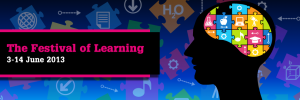
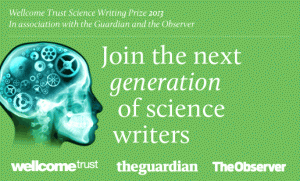
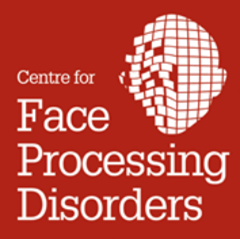
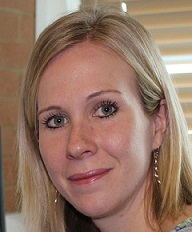
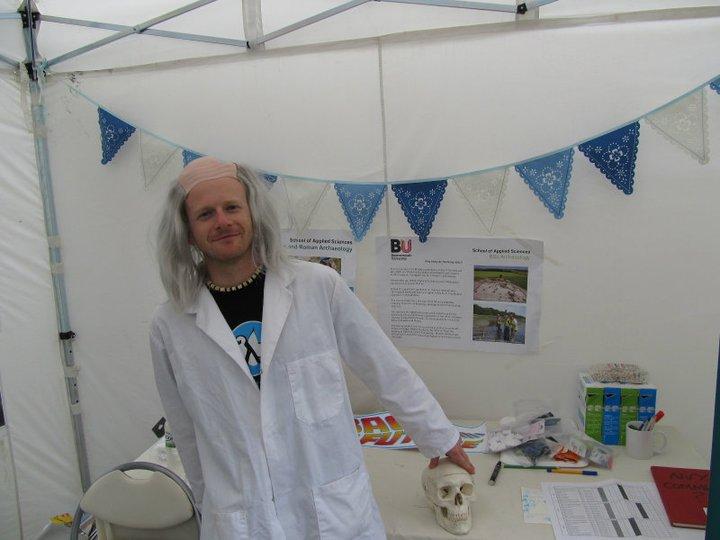
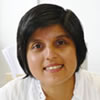
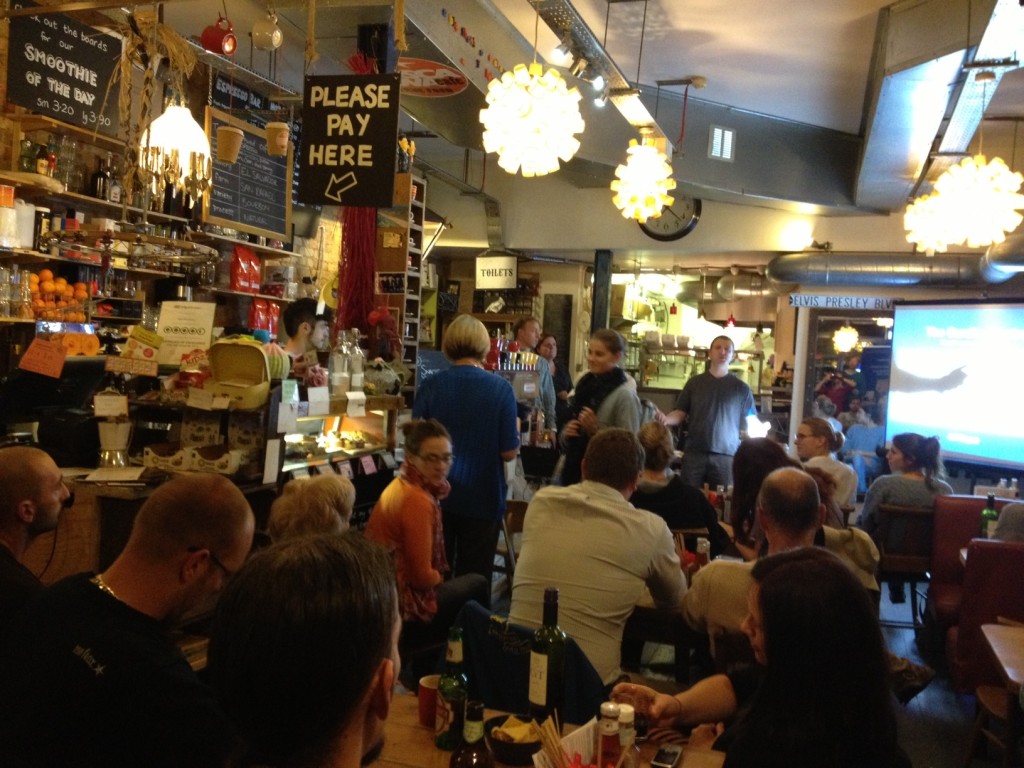
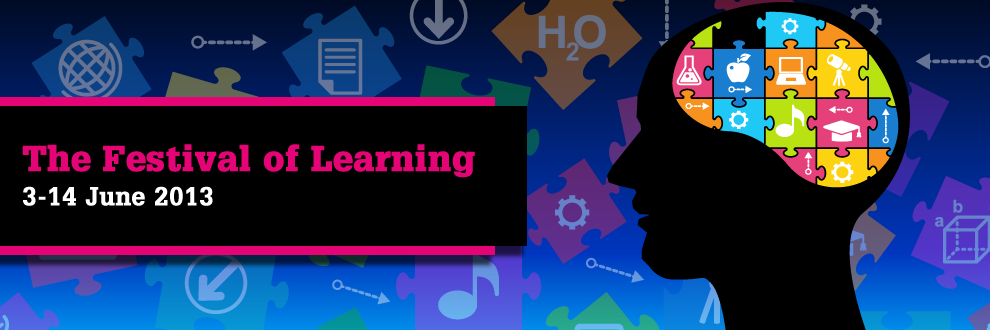

 Are you a NERC-funded student or do we fund your scientific research? If so, you are eligible for free training to develop your science communication and public engagement skills. This is a great way to learn how to promote your research findings and ideas to different audiences.
Are you a NERC-funded student or do we fund your scientific research? If so, you are eligible for free training to develop your science communication and public engagement skills. This is a great way to learn how to promote your research findings and ideas to different audiences.


 Senior lecturer in psychology, Dr Samuel Nyman, has recently improved and updated his
Senior lecturer in psychology, Dr Samuel Nyman, has recently improved and updated his 











 Seeing the fruits of your labour in Bangladesh
Seeing the fruits of your labour in Bangladesh Exploring Embodied Research: Body Map Storytelling Workshop & Research Seminar
Exploring Embodied Research: Body Map Storytelling Workshop & Research Seminar Marking a Milestone: The Swash Channel Wreck Book Launch
Marking a Milestone: The Swash Channel Wreck Book Launch No access to BRIAN 5-6th February
No access to BRIAN 5-6th February ECR Funding Open Call: Research Culture & Community Grant – Application Deadline Friday 12 December
ECR Funding Open Call: Research Culture & Community Grant – Application Deadline Friday 12 December MSCA Postdoctoral Fellowships 2025 Call
MSCA Postdoctoral Fellowships 2025 Call ERC Advanced Grant 2025 Webinar
ERC Advanced Grant 2025 Webinar Update on UKRO services
Update on UKRO services European research project exploring use of ‘virtual twins’ to better manage metabolic associated fatty liver disease
European research project exploring use of ‘virtual twins’ to better manage metabolic associated fatty liver disease